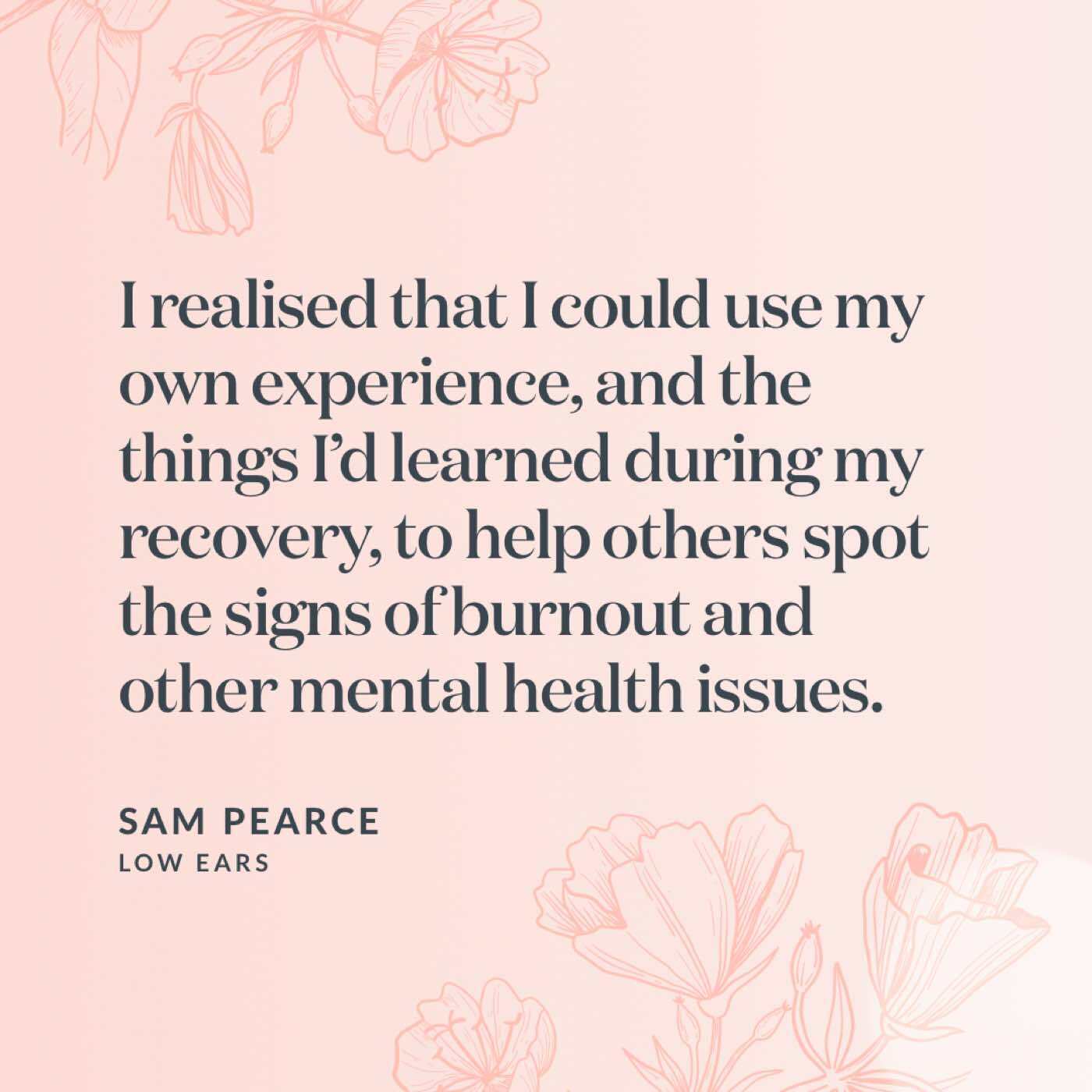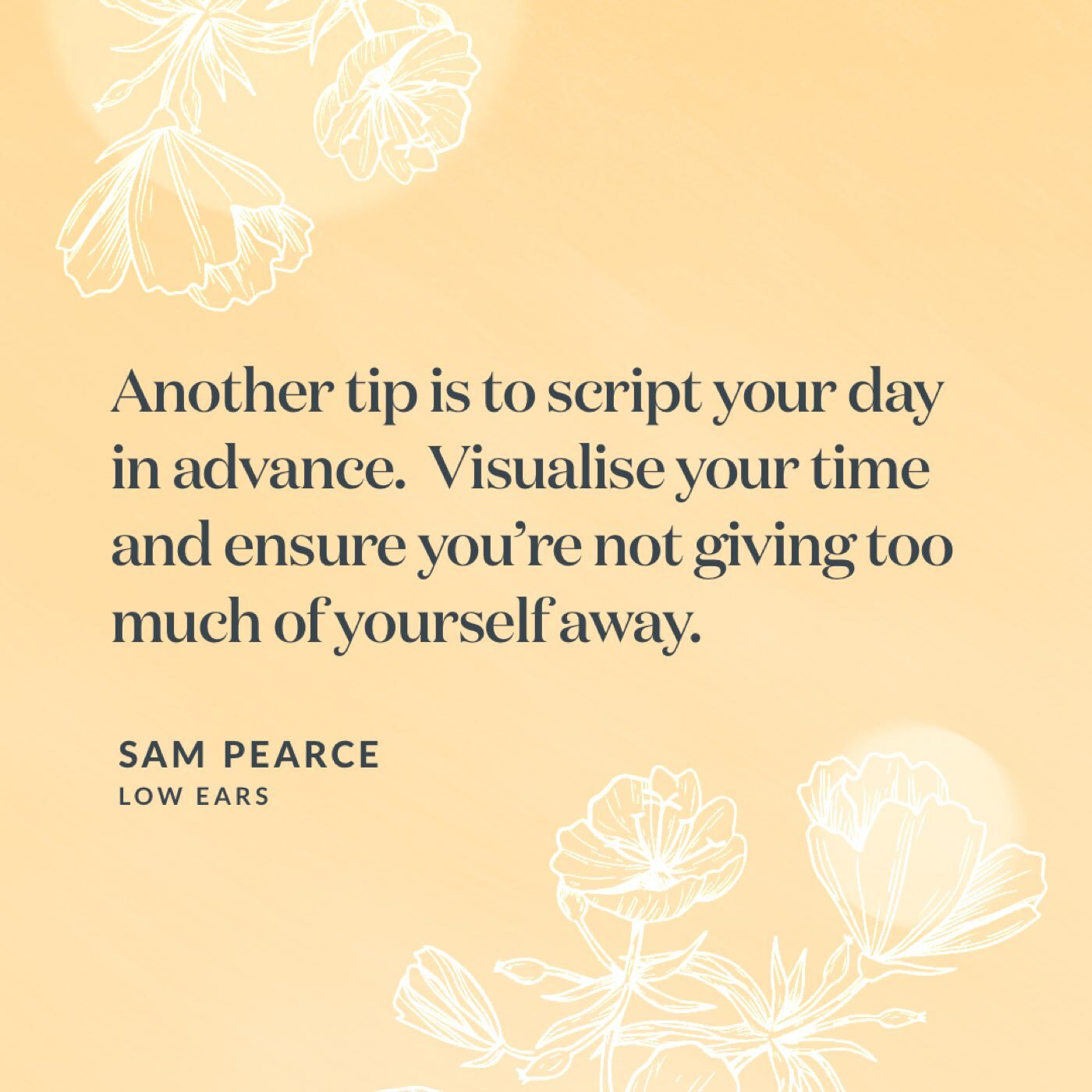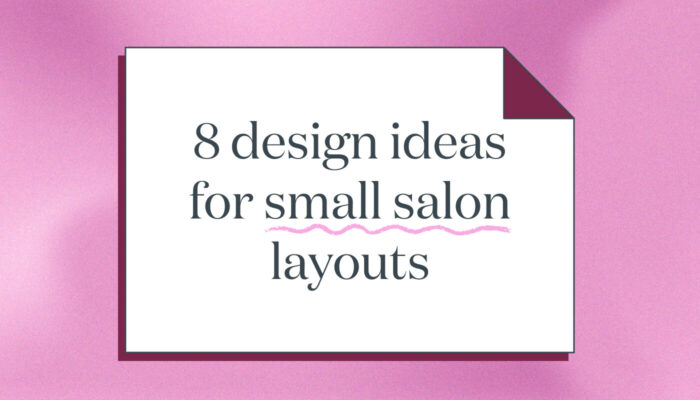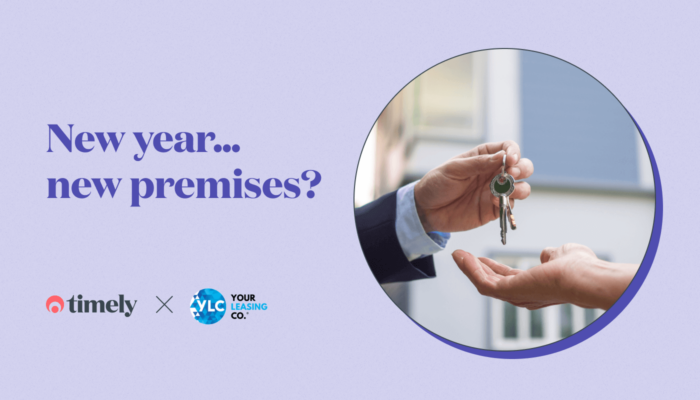Preventing burnout
Winner of 41 eminent beauty industry and professional awards, Sam Pearce was this year awarded by BABTAC an honourable mention for her work during lockdown, and announced a BABTAC finalist in the 2021 Inspiring Beauty Awards, while last year she was named a Top 100 Beauty Influencer by Professional Beauty. Here, Sam, an active ambassador for mental wellness within the hair and beauty industry, talks to Timely about preventing burnout and about the launch of Low Ears; a safeguarding initiative and training qualification to protect the emotional wellbeing of industry professionals.
What is Low Ears?
It’s a mental wellbeing initiative for the hair and beauty industry that includes online resources, training education, and an accredited qualification. Low Ears provides courses in both mental health awareness and first aid for mental health, designed to help industry professionals identify the signs of, and safeguard against, burnout in both themselves and in others.
How can people access the training and resources?
The Low Ears website has all of the course information and booking details, along with a list of support resources, and access to mentoring.
What led you to launch Low Ears?
My personal experience of suffering from burnout. I founded the Potting Shed Spa in 2011, and in June 2019 it won its 40th award, which was absolutely phenomenal. Sadly, in the same month, my business was sabotaged. I won’t dwell on that because I want to focus on positives, but, needless to say, it impacted me hugely. I’d come into the industry all guns blazing, totally passionate about my business, which I think many of us do. But I didn’t prioritise my mental wellbeing, and ultimately reached the point of burnout.
Whilst recovering at home, my companion was my sausage dog, and she was the inspiration for Low Ears. Words don’t always come easily when you’re challenged with a mental health problem. But I realised, from my dog, that we can, and do, communicate how we’re feeling, in other ways. When something isn’t quite right with my dog, her ears sit low. It’s a very visual indication that she isn’t okay.
Low Ears is based on the continuum scale model, which demonstrates on any given day that it is perfectly normal to have fluctuating moods, and associating physical symptoms. Too low for too long is as dangerous as being too high for too long. Equilibrium is impossible in this day and age, however this is a preventative tool, and you can’t fix it if you can’t measure it. I realised there wasn’t anything at all available within the beauty industry that talked about the importance of safeguarding beauty therapists mental health, it was the unspoken agreement that we provide counsel, without any training in place.
I realised that I could use my own experience, and the things I’d learned during my recovery, to help others spot the signs of burnout and other mental health issues. Ultimately, it’s a preventative measure, based on learning and education, that enables you to monitor your own mental wellbeing and that of others, without it feeling invasive.

What are the signs and symptoms of burnout?
Burnout is a recognised disease by the World Health Organisation, so it really is something to be taken very seriously. It’s essentially a state of physical, mental, and emotional exhaustion. It’s important to be aware that people respond to burnout in different ways. Some people become quiet and withdrawn, others become agitated and hyper. Common feelings experienced with burnout include overwhelm, self-doubt, and loss of motivation. Burnout’s sister, ‘Boreout’, is prevalent within the beauty industry as working expectations, environment and lack of career paths can lead to demotivation and a negative mindset.
Those suffering from burnout may start to become negative or critical, they may be irritable, or they might begin to isolate themselves from colleagues and work responsibilities. They may be less productive at work, less interested, and less able to concentrate. Physically, people experiencing burnout may look visibly tired, might start to get a lot of headaches, or might seem generally unwell.
What tips do you have to avoid burnout?
One key piece of advice I give to everyone is to look at what you can and what you can’t control. If it helps, draw a circle on a piece of paper and title it ‘circle of influence’. Then, draw a bigger circle around that circle of influence, and title that ‘circle of concern’.
Everything within that circle of influence, are things that you can control. From picking up a pen, to buying a coffee, to having a conversation. Things outside of that circle are things that you can’t control; like global pandemics, or social media, or the news. Focus only on the things that you have control over. It’s not always easy to do, and it might take practice, but be brave and make the decision to only concern yourself with the things you actively have a choice about.
There’s a great technique to deal with everything in your circle of concern, anything out of your control that is making you feel worried, scared, angry, upset, stressed, or bad in any other way. Write down what is bothering you, and then put it in the freezer; literally freeze it out.
Another tip is to script your day in advance. Visualise your time and ensure you’re not giving too much of yourself away. Remember that you can control the conversations you have. All too often, we take on a therapy role with clients and whilst, to an extent, that relationship is an important part of the service we offer, you need to set clear boundaries about how far it goes. If you want, or need, to avoid negative talk, then control the conversations. Control your space so that you stay in a healthy place.

Finally, pace yourself. There’s an archaic expectation within our industry that we should be working weekends, we should be working evenings. Remove that expectation and pressure from yourself. It’s no longer the case that everyone outside of the hair and beauty industry works 9 to 5 jobs and can therefore only attend evening and weekend appointments. People have much more flexibility these days, so there is absolutely no need for you to be working unrealistic/unbalanced hours or hours that are detrimental to other elements of your life or to your health. Once you learn to implement boundaries and communicate your position, miracles do happen.
Set boundaries, pace yourself, remember anxiety is future fear, and depression is linked to history. Implement mindful practise and always make your own mental wellbeing a priority.


